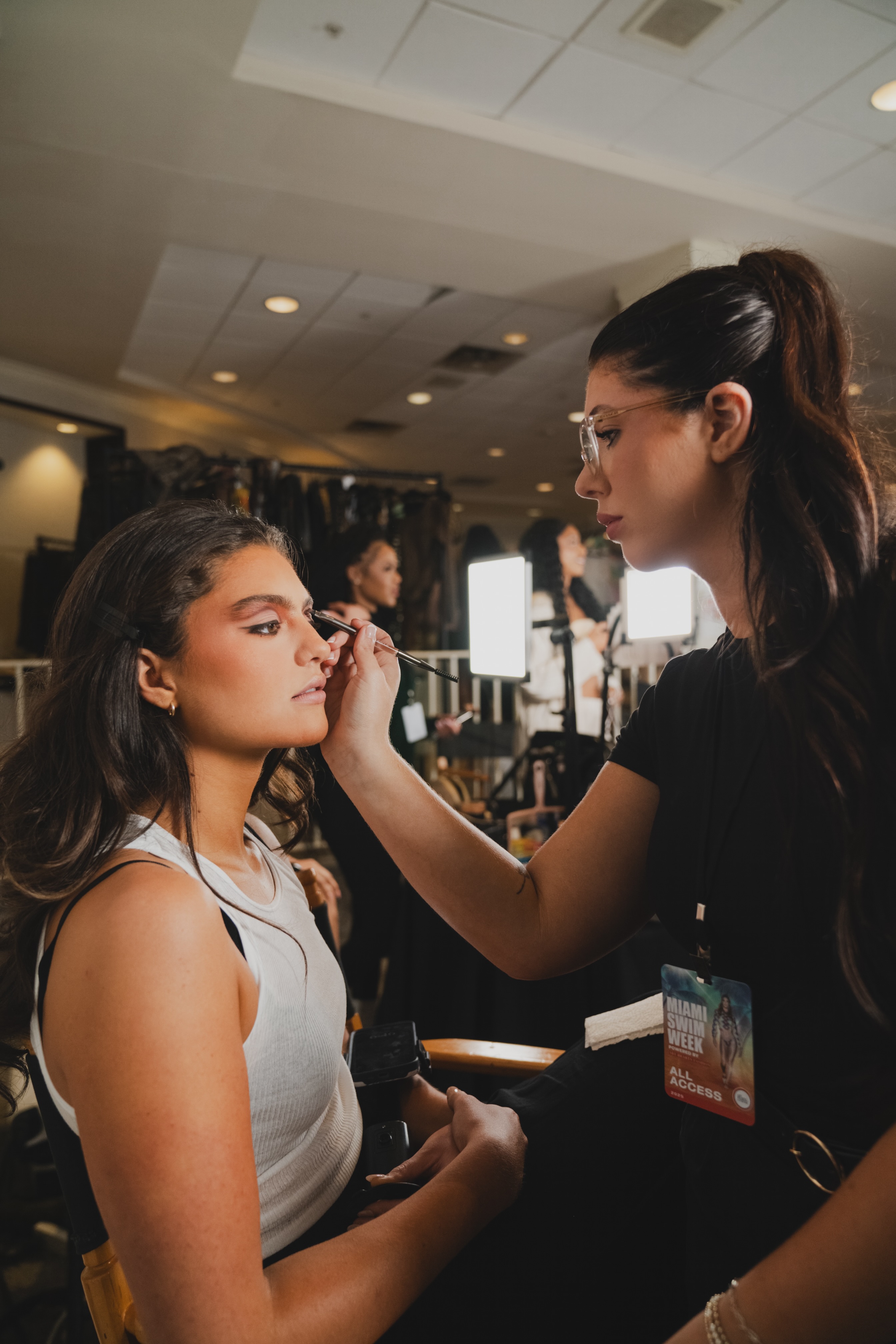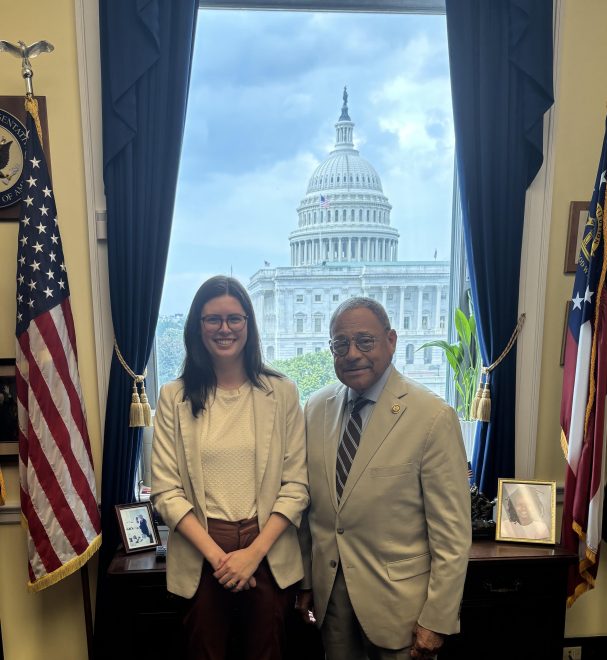Thomasville City Schools explore cellphone ban for 2025/26 school year
Published 10:22 pm Wednesday, February 5, 2025
THOMASVILLE- A push for cellphone bans has become commonplace in academia, with 77% of U.S. schools saying they prohibit cellphones at school for non-academic use. Thomasville City Schools may soon join that percentage, as the Board of Education recently began exploring a cell phone ban for the 2025-26 school year.
During the most recent BOE meeting, Chief Academic Officer Jordan Williams provided the Board with a Strategic Plan Update, which included the ban.
“One of the things we are constantly hearing, which is linked to safety, is a universal cellphone policy for our 6-12 campus,” Williams told the Board.
Trending
Williams explained he has yet to meet a teacher who doesn’t deal with cellphone issues inside the classroom.
“Cellphones are a serious distraction for our students and it’s time we had the tough conversation on what is best for our students,” he said.
Williams then provided the BOE with some facts from a website studying cellphone bans inside classrooms.
The website showed a ban on cellphones led to less bullying in schools and less distraction.
“I think everyone in this room can admit we are a little addicted to our cellphones, but it’s really hard to teach a sixth grader Math or English when they have the world in their pocket,” Williams said. “The student focus would definitely increase.”
Schools that have implemented bans have proven studies of increased test scores and better academic outcomes for students, along with better student/teacher communication.
Trending
“We saw how COVID worked when they were being taught by technology,” Williams said. “It didn’t work out very well, because we missed the human connection of teacher and student, and it’s time we get back to that.”
Williams asserted that if students didn’t have access to their phones throughout the day, it would only improve the relationships between teachers and their pupils.
Williams concluded with the final fact from the website, citing that students are overall happier.
“People feel less anxious when they are not on their phones as much,” he said.
Williams did understand that cellphone bans can often be intimidating, especially to parents who want to contact their child.
However, Williams said parents, for the most part, support the ban, with 82% of parents preferring a phone-free school environment for their kid.
Williams also discussed the top concern he has heard, which was the need for cellphones in an emergency/active shooter situation.
“It has shown that cellphones in the hands of responsible educators may help during active shooting events. However, school security experts agree that students with cellphones in the same active shooting could make the event less safe or have a worse outcome,” he concluded.
To alleviate the issue of students having cellphones, Williams has started looking at pouches that magnetically lock.
These pouches, known as The Yondr Pouch are currently used at Brookwood School throughout the day.
Williams said these pouches alleviate the power struggle between teachers and students, and is one less thing teachers have to deal with.
“It will be understood that the student puts their phone in that pouch and there will be consequences if the phone is seen,” he said. “The pouch is then in the possession of the students, and takes the responsibility off the teacher.”
The pouches will unlock at the end of the day when students can contact their parents for any reason.
“If a parent really needed to contact their child, they can call the front office, because they shouldn’t expect their child to be on their phone during learning,” he said. “We have heard from our teachers and principals loud and clear, and it’s time we support them.”
Williams and the Safety Committee will now meet to craft a proposal for the ban, which will be presented to the BOE for voting in February.





